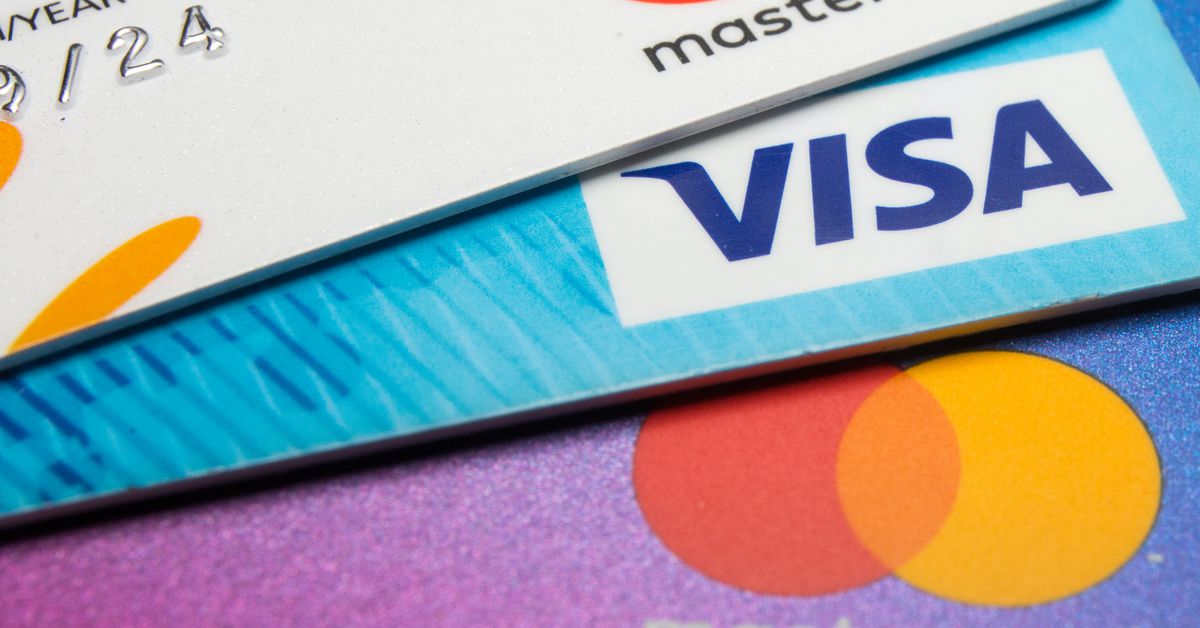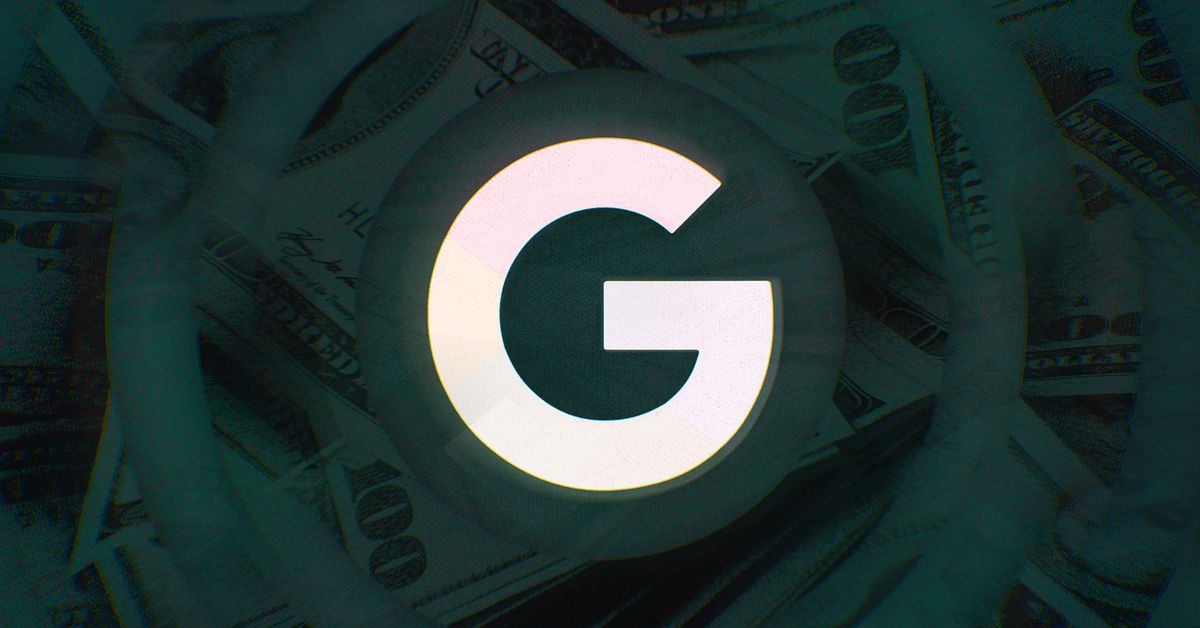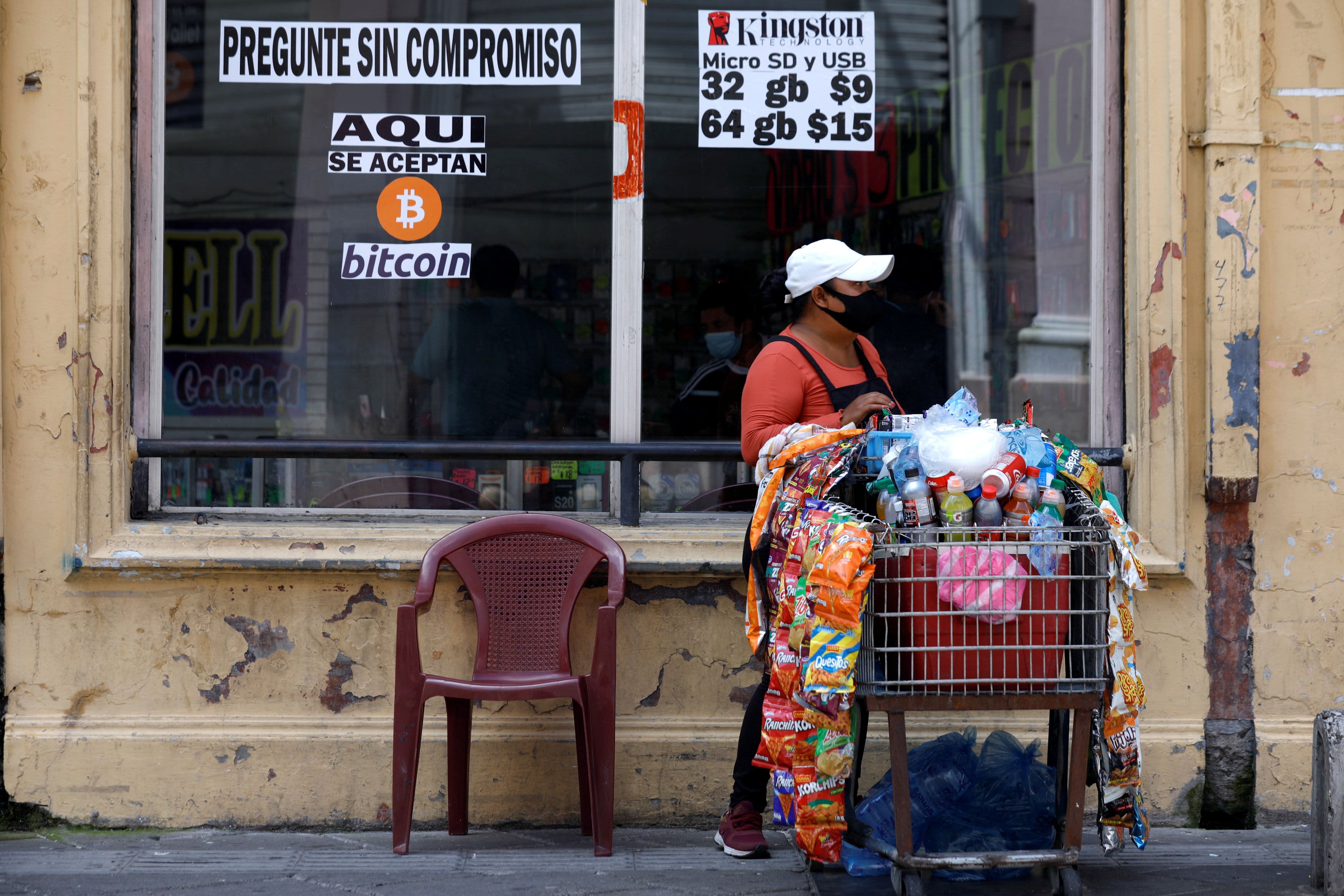The future of Tesla is in China
Image: CFOTO / Future Publishing via Getty ImagesThe road to a world with only electric vehicles doesn’t run through the US. It runs through China. In China, nearly 30 percent of all car sales are EVs. In the US,...
/cdn.vox-cdn.com/uploads/chorus_asset/file/24881908/1597855667.jpg)
The road to a world with only electric vehicles doesn’t run through the US. It runs through China. In China, nearly 30 percent of all car sales are EVs. In the US, it’s just 7 percent. How did China so thoroughly smoke the US when it comes to EVs?
It had help from a certain American company called Tesla.
In the sixth and last episode of Land of the Giants: The Tesla Shock Wave, we explore how China took the lead in global EV sales with a lot of help from the government in the form of subsidies for lithium batteries. We also examine how China used Tesla to kick-start its own homegrown EV industry — and how it has since outgrown Elon Musk’s company in many ways.
China has been the world’s largest auto producer for almost two decades. But if you live in the US, you’d hardly know it. Very few Chinese cars are on the road in this country thanks to extremely high tariffs.
But Tesla knew it would need to start selling cars in China if it wanted to eventually become profitable. So, in 2018, the company became the first-ever foreign carmaker to be invited to set up a factory in China without having to answer to a Chinese partner. It was an unprecedented move by the Chinese government to loosen its own rules for a US automaker. But it had its reasons.
“They knew it would prompt competition,” said Crystal Chang, a lecturer at UC Berkeley who specializes in political economies in Asia. “That the Chinese carmakers would now have to compete with the domestically produced Tesla and that that would be an extra incentive to make better EVs, to bring down the cost, etc.”
The deal has worked out swimmingly for China, which is now the No. 1 exporter of cars globally. And the US continues to lag behind in exports and EV sales. As you can imagine, in a country where the auto industry is almost an analog for the entire economy, that’s a hard pill to swallow.
That’s why the Biden administration — and particularly the US Department of Transportation under Secretary Pete Buttigieg — has taken such a bullish stance on EVs. The US needs to catch up, and it will take a lot of money to do that. The nearly $1 trillion Inflation Reduction Act is the major attempt to correct this imbalance, pouring billions of dollars into EV charging and subsidies for consumers. Buttigieg says it’s the best chance to catch up to China’s lead.
“They want to capture the EV market,” Buttigieg said of China. “They want to be a step ahead. In some ways, they’ve gained an advantage by sprinting into it. But I believe at the end of the day, America is poised to win that competition.”
But where that leaves Tesla is less certain. The company is facing rising competition, both in the US and China, and it’s unclear whether it can remain on top of the market it helped create.
Listen to the latest episode of Land of the Giants: The Tesla Shock Wave, a co-production between The Verge and the Vox Media Podcast Network. You can catch new episodes on Apple Podcasts, Google Podcasts, Spotify, or wherever you get your podcasts.

 KickT
KickT 































